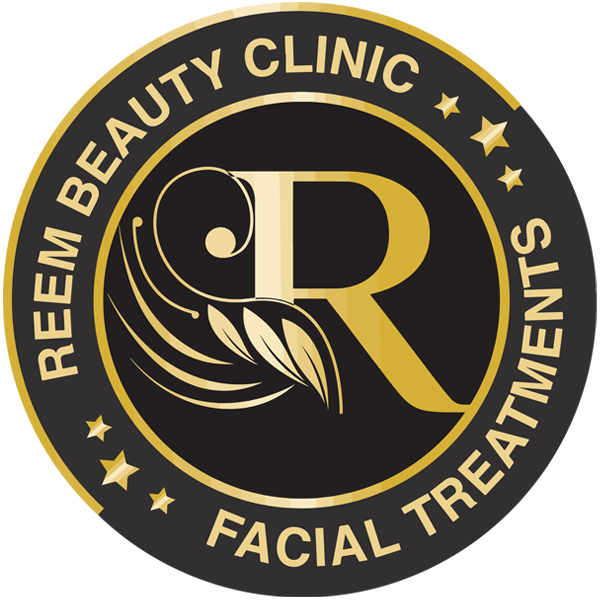Introduction Hormones play a crucial role in regulating various bodily functions, including metabolism, mood, reproduction,…

The Importance of Regular Health Check-ups and Screenings
Introduction
Maintaining good health is essential for leading a fulfilling life. While adopting a balanced diet, exercising regularly, and managing stress are vital, preventative healthcare plays an equally crucial role. Regular health check-ups and screenings allow for early detection of potential health concerns, increasing the chances of effective treatment and long-term wellbeing.
Routine medical assessments help individuals stay informed about their health status, identify risk factors, and take proactive measures to prevent serious conditions. This article explores the significance of regular health check-ups and screenings, their benefits, and how they contribute to overall wellness.
Why Regular Health Check-ups Matter
1. Early Detection of Diseases
Many serious illnesses, such as cancer, diabetes, and heart disease, develop gradually and may not present noticeable symptoms in their early stages. Routine medical check-ups enable doctors to detect abnormalities before they progress into more serious conditions. Early diagnosis improves treatment outcomes and can even save lives.
2. Prevention is Better Than Cure
Preventative healthcare reduces the likelihood of developing chronic diseases. Through regular health screenings, healthcare professionals can assess an individual’s risk factors and recommend lifestyle changes, vaccinations, or medical interventions to prevent the onset of illnesses.
3. Monitoring Existing Conditions
For individuals already diagnosed with chronic conditions such as hypertension, diabetes, or high cholesterol, regular medical appointments are essential. Routine check-ups ensure that treatment plans remain effective, medications are adjusted as needed, and complications are avoided.
4. Personalised Healthcare Approach
Each individual has unique health needs based on their age, gender, family history, and lifestyle. Regular health assessments enable doctors to tailor recommendations and preventive strategies specific to each patient’s requirements.
5. Improving Life Expectancy
Timely health screenings and early intervention significantly enhance longevity. Detecting and addressing health issues in their initial stages reduces mortality rates and improves quality of life.
Key Health Screenings and Their Importance
1. General Physical Examination
An annual physical examination is a comprehensive assessment of an individual’s overall health. It typically includes checking vital signs, weight, and body mass index (BMI), as well as assessing heart, lung, and neurological functions.
2. Blood Pressure Monitoring
High blood pressure (hypertension) is a silent killer that increases the risk of stroke, heart attack, and kidney disease. Regular monitoring helps detect abnormalities and allows for timely medical intervention.
3. Cholesterol and Blood Sugar Tests
Excess cholesterol and high blood sugar levels contribute to cardiovascular disease and diabetes. Routine blood tests help monitor these levels and guide lifestyle and medication adjustments.
4. Cancer Screenings
Cancer screenings are crucial for early detection. Some of the essential tests include:
- Mammograms: Recommended for women to detect breast cancer.
- Cervical Smear Test (Pap Smear): Helps detect cervical cancer in women.
- Prostate-Specific Antigen (PSA) Test: Screens for prostate cancer in men.
- Colonoscopy: Essential for detecting colorectal cancer.
5. Eye and Vision Tests
Routine eye exams help detect conditions like glaucoma, cataracts, and age-related macular degeneration. These screenings are especially important for individuals with diabetes, as they are at a higher risk of developing diabetic retinopathy.
6. Dental Check-ups
Oral health is linked to overall wellbeing. Regular dental examinations help prevent cavities, gum disease, and infections that may contribute to more severe health issues.
7. Bone Density Tests
Osteoporosis is a significant concern, especially for older adults. Bone density tests help assess bone strength and determine the risk of fractures and bone loss.
8. Lung Function Tests
For smokers or individuals with a history of respiratory issues, lung function tests help assess conditions like chronic obstructive pulmonary disease (COPD) and asthma.
Frequency of Health Check-ups and Screenings
The recommended frequency of check-ups and screenings varies based on factors such as age, family history, and medical history. Below is a general guideline:
- Children and Adolescents: Annual paediatric check-ups, dental visits, and vision tests.
- Young Adults (20s–30s): General physical exam every 2–3 years, cholesterol and blood pressure checks every 4–5 years, and routine dental and eye exams.
- Middle-Aged Adults (40s–50s): Annual health screenings, including blood pressure, cholesterol, diabetes, and cancer screenings.
- Older Adults (60+): More frequent check-ups for chronic disease management, bone density tests, and cognitive function assessments.
How to Make the Most of Your Health Check-ups
- Prepare in Advance: Keep a record of past medical history, medications, and any symptoms you wish to discuss with your doctor.
- Be Honest About Your Lifestyle: Share details about diet, exercise, alcohol consumption, and smoking habits to get personalised advice.
- Ask Questions: Clarify doubts about any test results or recommended treatments.
- Follow Up on Recommendations: Implement lifestyle changes or treatment plans advised by your doctor.
Conclusion
Regular health check-ups and screenings are essential for maintaining optimal health, preventing diseases, and detecting conditions at an early stage. By taking a proactive approach to healthcare, individuals can lead healthier, longer lives while reducing the risk of severe medical complications.
Investing in routine medical assessments not only benefits personal wellbeing but also reduces healthcare costs in the long run. Prioritise your health today by scheduling a comprehensive check-up and taking charge of your future wellbeing.




This Post Has 0 Comments